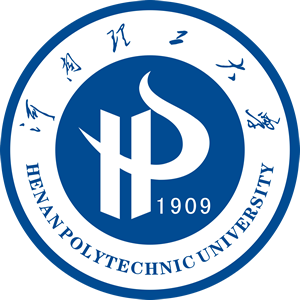
地址: 河南省焦作市高新区世纪路2001号[454000] Tel: 0391-3987069 E-mail: zkxb@hpu.edu.cn,skxb@hpu.edu.cn |

请您访问
|

社会科学版
|
| 供稿: 张三妮 | 时间: 2018-02-22 | 次数: |
作者:张三妮
第一作者单位:河南理工大学外国语学院
摘要:《庄子鬳斋口义》作为新的注本的出现及盛行,体现了以老庄哲学为代表的道家思想在日本文化中经历师承与受容、滤选与摄取的过程,并使其转化成具有日本特色的本体文化。禅僧惟肖是日本最早展开《庄子鬳斋口义》研究的人,此后,重视《庄子》口义本的研究支配了五山,五山禅僧对《庄子》的理解与吸收主要体现在众多语录、文集和传法活动中。惟肖对《庄子鬳斋口义》的重视和研究,大大促进了日本老庄思想研究的繁荣和发展。
Abstract:As a new annotation for Tchouang-Tzeu, the introduction and prevalence of Soji-kensai-kogi in Japan reflected the spread of Taoism in Japanese culture. I SYO, a zen monk, was the first person who explored? Tchouang-Tzeu by Soji-kensai-kogi. Then Soji-kensai-kogi was expanded among Gozan zen monks soon, whose interpretation and introduction of Tchouang-Tzeu mainly demonstrated in the quotations, collections and dissemination activities. The studies on Soji-kensai-kogi greatly promote the development of Lau-Tzeu and Tchouang-Tzeu thoughts in Japan.
基金:国家社会科学基金预研项目(GSKY2017-24);河南理工大学教改项目(2015JG087);
DOI:10.16698/j.hpu(social.sciences).1673-9779.2018.01.014
分类号:B223.5;I313.06